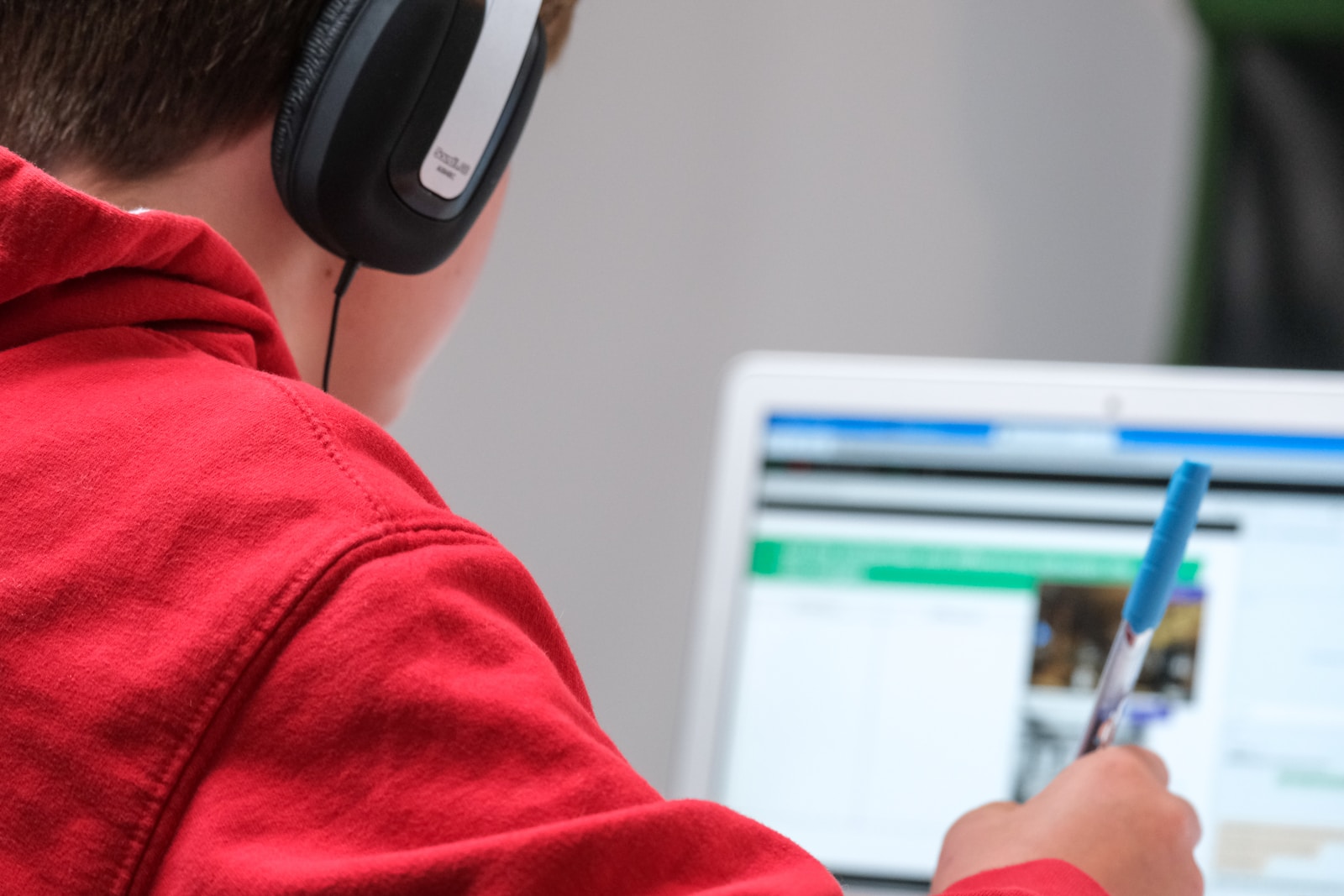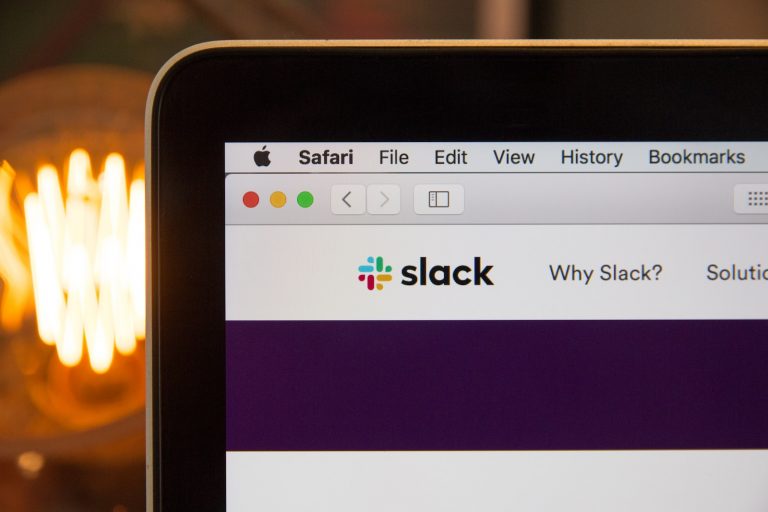The landscape of education has been rapidly evolving with the rise of remote learning and online education. The advancements in technology and the global pandemic have accelerated the adoption of these digital learning platforms. As we look to the future, it is clear that remote learning and online education will continue to play a significant role in shaping the way we learn and acquire knowledge. In this article, we will explore the future of remote learning and online education, discussing the benefits, challenges, and potential trends that lie ahead.
Benefits of Remote Learning and Online Education
- Accessibility and Flexibility: One of the key advantages of remote learning and online education is its accessibility and flexibility. It provides opportunities for individuals who may not have access to traditional educational institutions or who have other commitments such as work or family responsibilities. Online education allows learners to access courses and programs from anywhere in the world at their own pace and schedule.
- Personalized Learning: Online education platforms often offer personalized learning experiences. Learners can choose the courses and programs that align with their interests and goals. They can also learn at their own pace, allowing for a more personalized and tailored learning experience.
- Cost-Effective: Online education can be more cost-effective compared to traditional education. It eliminates the need for commuting or relocating, reduces the cost of physical infrastructure, and offers affordable learning options. This makes education more accessible to a wider range of individuals, including those who may have financial constraints.
- Global Learning Community: Remote learning and online education provide opportunities for learners to connect and collaborate with individuals from around the world. This global learning community can enrich the educational experience by fostering cross-cultural understanding, collaboration, and the exchange of ideas.
Challenges and Considerations
- Technological Infrastructure: While remote learning and online education offer great potential, there are still challenges related to technological infrastructure. Access to reliable internet connectivity and appropriate devices can be a barrier, particularly in underserved areas or developing countries. Bridging the digital divide will be crucial to ensure equal access to quality education.
- Engagement and Interaction: One of the challenges of online education is maintaining engagement and interaction among learners and instructors. Traditional classrooms provide face-to-face interaction, which can enhance the learning experience. Online platforms need to find innovative ways to foster engagement, collaboration, and interaction to create a dynamic learning environment.
- Quality Assurance: As online education continues to grow, ensuring the quality of courses and programs becomes essential. Accreditation and certification processes need to be in place to ensure that online education meets the same standards as traditional education. Institutions and platforms must invest in quality assurance measures to maintain the credibility and value of online education.
Future Trends in Remote Learning and Online Education
- Blended Learning: The future of remote learning and online education is likely to involve a blend of online and in-person learning experiences. Blended learning combines the benefits of both traditional and online education, providing learners with flexibility and personalized learning while also incorporating face-to-face interactions and hands-on experiences.
- Artificial Intelligence (AI) and Machine Learning: AI and machine learning technologies have the potential to revolutionize online education. These technologies can analyze learner data, personalize learning experiences, and provide real-time feedback and support. AI-powered chatbots and virtual assistants can enhance learner engagement and provide personalized assistance.
- Virtual Reality (VR) and Augmented Reality (AR): VR and AR technologies have the potential to create immersive and interactive learning experiences. These technologies can transport learners to different environments, simulate real-world scenarios, and provide hands-on learning opportunities. VR and AR can be particularly valuable in fields such as healthcare, engineering, and the sciences.
- Microlearning and Skill-Based Education: The future of online education is likely to focus more on microlearning and skill-based education. Microlearning involves delivering content in small, bite-sized modules, making it easier for learners to absorb and retain information. Skill-based education focuses on developing specific skills that are in demand in the job market, providing learners with practical knowledge and capabilities.
Bottom Line:
The future of remote learning and online education is bright and promising. These digital learning platforms offer accessibility, flexibility, and personalized learning experiences. While challenges remain, advancements in technology, such as AI, VR, and AR, will continue to enhance the online learning experience. Blended learning, microlearning, and skill-based education are likely to shape the future of education. As we move forward, it is important to address the challenges and ensure that online education is accessible, high-quality, and inclusive. By embracing the potential of remote learning and online education, we can create a future where education is accessible to all, regardless of geographical location or socioeconomic background.




